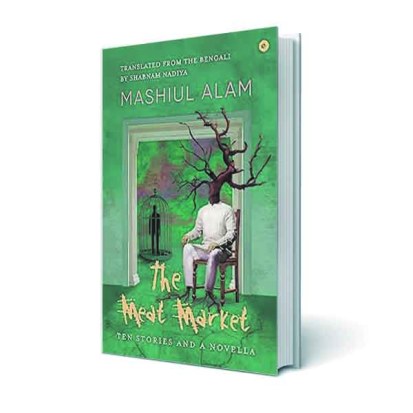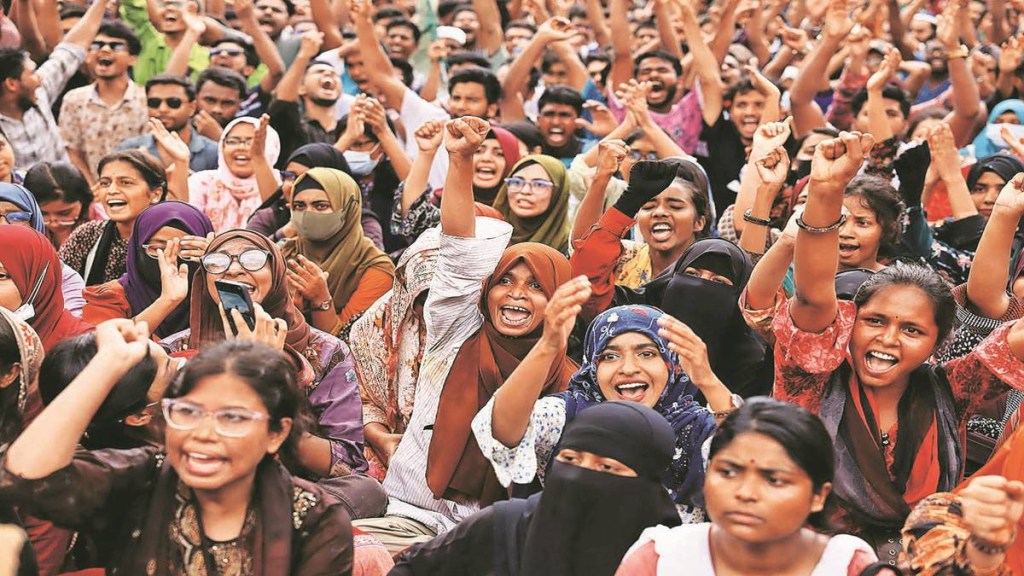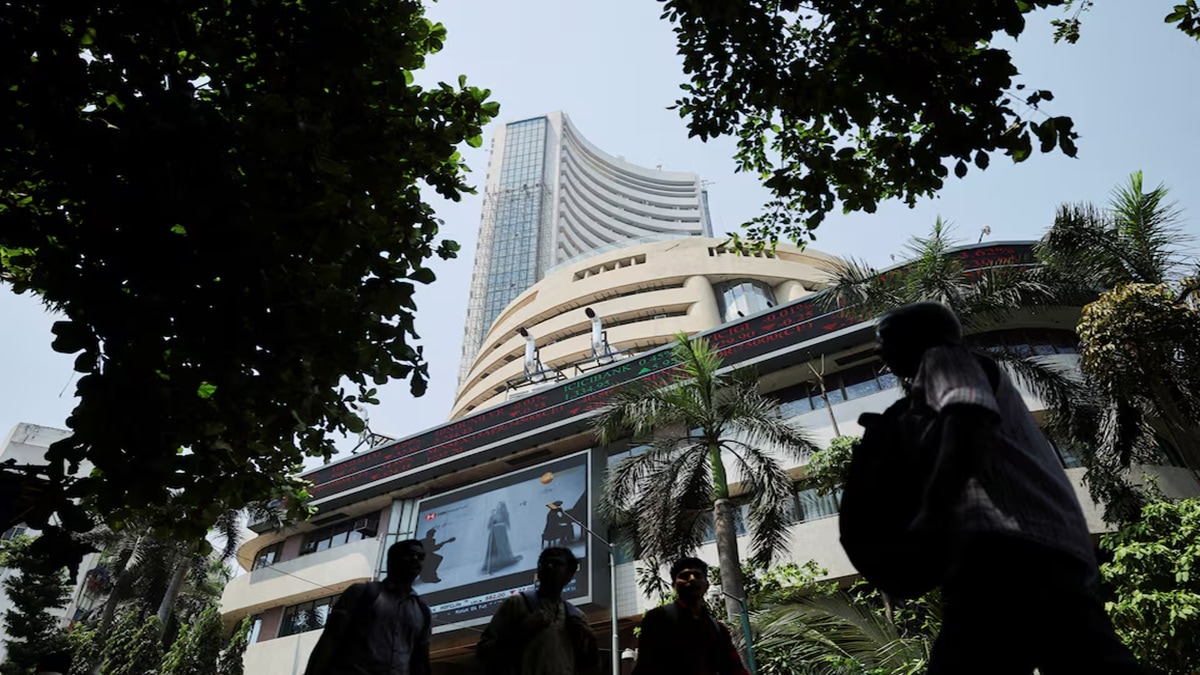A septuagenarian crosses the border to die in his place of birth. Residents of a whole town fall into a slumber they can’t seem to shake off. An impoverished farmhand slaughters a dog he suspects is feeding his infant son. A man buying meat for a festival finds himself on the butcher’s table.
Bangladeshi writer Mashiul Alam’s short stories juxtapose the banal with the barbaric. A slice of reality often sets a perfect platform for the author to stray into the unreal and the unknown. The quixotic journey of his stories is travelled by ordinary people who are caught in a web of lies conjured up to make them go astray. Violence then becomes a language that fills the void around them. As fantasy begins to take shape, questions are asked about the state of the world and society.
The Meat Market: Ten Stories and a Novella, which is translated from the original Bengali into English by Alam’s compatriot Shabnam Nadiya, a Philadelphia-based writer and translator, is a roller-coaster ride into contemporary society’s fears and concerns. An Indian Citizen Came to Our Town is about Nabin Chandra Chowdhury, a 73-year-old man from West Bengal who arrives in a Bangladeshi village, where he was born, with a plan to end his life on a certain day. The story begins by noting the disappearance of a sense of humour in the society and goes on to explore the politics of identity. The elderly man faces the wrath of people, who squabbles over the Partition and the dogged fight between secular and conservative politicians in their country, and a nervous district administration that wants him to go back to India.

It is the challenging world of journalism, a profession the author is part of in the Bangladesh capital of Dhaka, that is the background of Field Report from Roop Nagar. A small town some 250 km north of Dhaka, Roop Nagar quickly becomes the centre of attention for the media for the wrong reasons—no news arrives from there. Frantic calls reveal a collective slumber among the town’s residents. Shocking events lie behind the curious episode as the author probes the increasing incidents of violence against women in the society. Milk, the first story in the collection which won the Himal South Asian Short Story Prize in 2019, is about the conditions in which farm workers live. There is no breast milk left to feed Salimuddi and wife Juleka’s newborn son who is taken under its wings by a dog that has recently delivered a litter of puppies. The couple, both farm workers who toil in the field everyday, are aghast at the discovery.
The book’s titular short story, The Meat Market, narrates a moment of rage in a butcher’s shop ahead of a prominent festival. A man sent to buy ten kilograms of untampered mutton picks up a fight with a menacing employee of the shop who proceeds to teach him a lesson. An early morning errand soon turns into a barbaric killing in broad daylight in front of waiting customers as if it was business as usual. With a jaunty narration about a visit to a butcher shop, the author raises questions about anarchy and a frightening indifference that has come to mark contemporary society’s response to tragedy.
Alam, who studied journalism in Moscow during an epoch-making period of perestroika that led to the collapse of Soviet Union in 1991, raises the anxieties of those sections of the society that are poor and not privileged to make any changes in their unimaginative journey of life. His sudden turn into the realms of fantasy hides a veneer of hope for a better world for them. His short stories, many of which have been translated into English in the past, raise red flags of apathy and intolerance by the establishment.
Faizal Khan is a freelancer
The Meat Market: Ten Stories and a Novella
Mashiul Alam
Westland Books
Pp 251, Rs. 499








